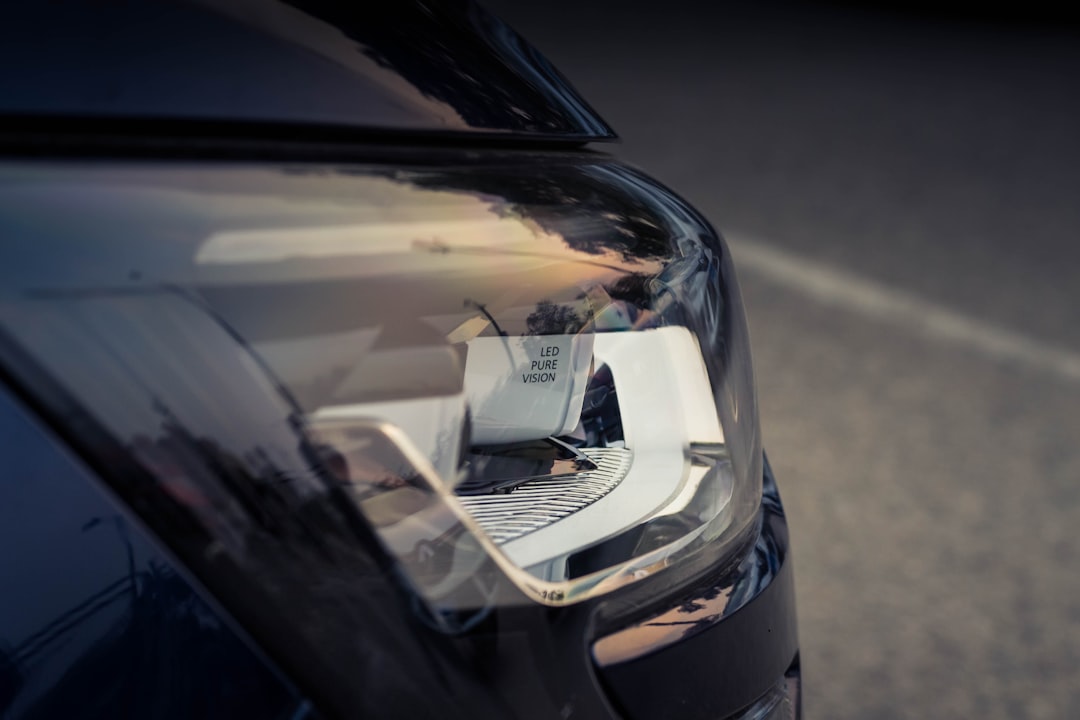In the world of buying and selling vehicles, there’s a term that frequently arises in discussions among dealers, title agents, and vehicle buyers: “jumping title.” It’s a practice that, while common in certain circles, carries significant legal and financial implications. Understanding what it means to jump title, why it’s done, and the consequences it carries is essential for anyone involved in vehicle transactions. This article takes a close look at the concept, the legal concerns, and how it impacts both buyers and sellers.
What Is Jumping Title?
“Jumping title” refers to the illegal practice of not properly transferring ownership of a vehicle from one party to the next on the title document. When someone buys a car and then sells it to a third party without ever registering the car in their own name, they are skipping one step in the title chain. The seller essentially “jumps” over themselves and signs the vehicle over directly to the final buyer.
This may sound like a small technicality, but from a legal standpoint, it has serious consequences. In most states, when you purchase a vehicle, you are required to promptly transfer the title into your name. Skipping this step — even with good intentions — violates state title laws and can expose all parties to unexpected liabilities.

Why Do People Jump Title?
There are several reasons someone might attempt to jump title. Typically, motivations include convenience or the desire to avoid taxes and fees. Below are some of the most common reasons:
- Saving on registration fees and taxes: When a title isn’t transferred to a new owner, that person temporarily avoids paying sales tax, title transfer fees, and registration costs.
- Flipping vehicles: Individuals trying to make a profit by reselling vehicles may skip the title transfer to avoid taxes and expedite the process.
- Lack of proper documentation: In some cases, the person may have acquired a vehicle without fully legitimate documentation and chooses to bypass title transfer to conceal gaps in the legal chain of title.
- Unlicensed dealing: Jumping titles is common among unlicensed dealers trying to sell cars without dealership credentials. This allows them to appear as private sellers.
While the motivations might make sense financially or logistically in the short term, the risks often outweigh any perceived benefits.
The Legal Consequences of Jumping Title
The legality of transferring vehicle ownership is governed by state law. In almost every U.S. state, jumping title is considered illegal. If caught, individuals engaging in this practice may be subject to:
- Fines: Monetary penalties vary by state but can be significant.
- Criminal charges: Title fraud or unlicensed selling can sometimes rise to the level of a misdemeanor or even a felony.
- Suspension of driver’s license: Some states enforce administrative penalties such as license suspension for violating DMV procedures.
- Tax penalties: Back taxes, interest, and penalties could be assessed for failure to report and pay vehicle sales tax.
- Void sales: If a buyer or state agency discovers the skipped title, the vehicle sale may be declared void, leaving the buyer without legal ownership.
Jumping title undermines the integrity of public vehicle records. This can complicate theft investigations, obscure accident histories, and impair a future buyer’s ability to verify the legitimacy or safety of a vehicle.
How to Spot a Jumped Title
If you’re in the market for a used car, being able to identify signs of jumped title can help you avoid future legal troubles. Here are a few red flags to be aware of:
- Title not in the seller’s name: The top concern. If the name on the title does not match the person selling the vehicle, it may indicate an illegal transfer.
- Missing signatures: A title lacking the appropriate seller or buyer signatures is a clear warning sign.
- Out-of-state titles: While not always problematic, an out-of-state title in an individual’s hands who isn’t listed as an owner may need closer inspection.
- Rushed sales: If someone is pushing for a fast, cash-only transaction and refusing to produce identification, it is worth investigating further.
A legitimate seller should be able to produce a clear title in their own name and complete all necessary documentation. If they can’t, the deal may not be worth the risk.
The Role of Title Transfers in Vehicle Ownership
The title to a vehicle is more than just a form — it is the legal proof of ownership. It also serves as the main document used to track a vehicle’s history, liens, and damage or accident reports. For all these systems to work properly, the title must reflect accurate ownership at every step.
Transferring title correctly ensures that:
- The new owner is legally recognized.
- Sales tax and fees are collected appropriately.
- Vehicle registration aligns with ownership records.
- The Department of Motor Vehicles (DMV) can update databases for insurance and safety purposes.
Any break in this chain — such as through jumping title — disrupts the flow of accurate and legal information.

How to Legally Transfer a Title
If you’re buying or selling a car, here’s how to protect yourself and ensure the process is legal and binding:
- Obtain a signed title: Make sure the current owner signs the title over to you in the seller section, and that all odometer disclosures and other required fields are completed.
- Visit the DMV promptly: Go to your local DMV (or use their online system if available) to register the vehicle and transfer the title into your name. Some states allow title applications by mail.
- Pay necessary fees: Your sale will likely be subject to a title transfer fee and applicable usage or sales tax.
- Retain confirmation: Keep a copy of your completed registration and new title when issued. This is your proof of legal ownership.
Always insist on proper paperwork. A seemingly legitimate deal without a legal title transfer can result in the vehicle being impounded or lost entirely.
What to Do If You Bought a Vehicle with a Jumped Title
If you suspect that you’ve bought a vehicle where the title was jumped, don’t panic, but do take swift action. Here’s a step-by-step guide:
- Verify who’s on the title: Review your paperwork to see if the seller’s name appears on the title.
- Contact your DMV: State officials can often advise what steps – such as bonded titles or affidavits – may help you legally claim ownership.
- Report the issue: If you believe the seller intentionally misrepresented the sale, report the transaction to authorities. This may help protect others, and possibly recoup losses.
- Consider legal help: You may need an attorney experienced in vehicle fraud to assist in untangling any complex ownership claims.
Ultimately, a jumped title may mean you never truly owned the vehicle, even after money changed hands.
Conclusion
Jumping title might seem like a clever workaround or a shortcut to avoid taxes and fees, but it’s a practice fraught with risk. Not only is it illegal in all 50 states, but it also undermines the legitimacy of vehicle ownership and exposes you to fines, legal action, and financial loss.
The best protection is knowledge. Always insist on a clear, accurate title in the seller’s name, and promptly transfer it to your own. Doing things the right way may take a few extra steps — but it ensures peace of mind, legal security, and a trustworthy vehicle transaction.



